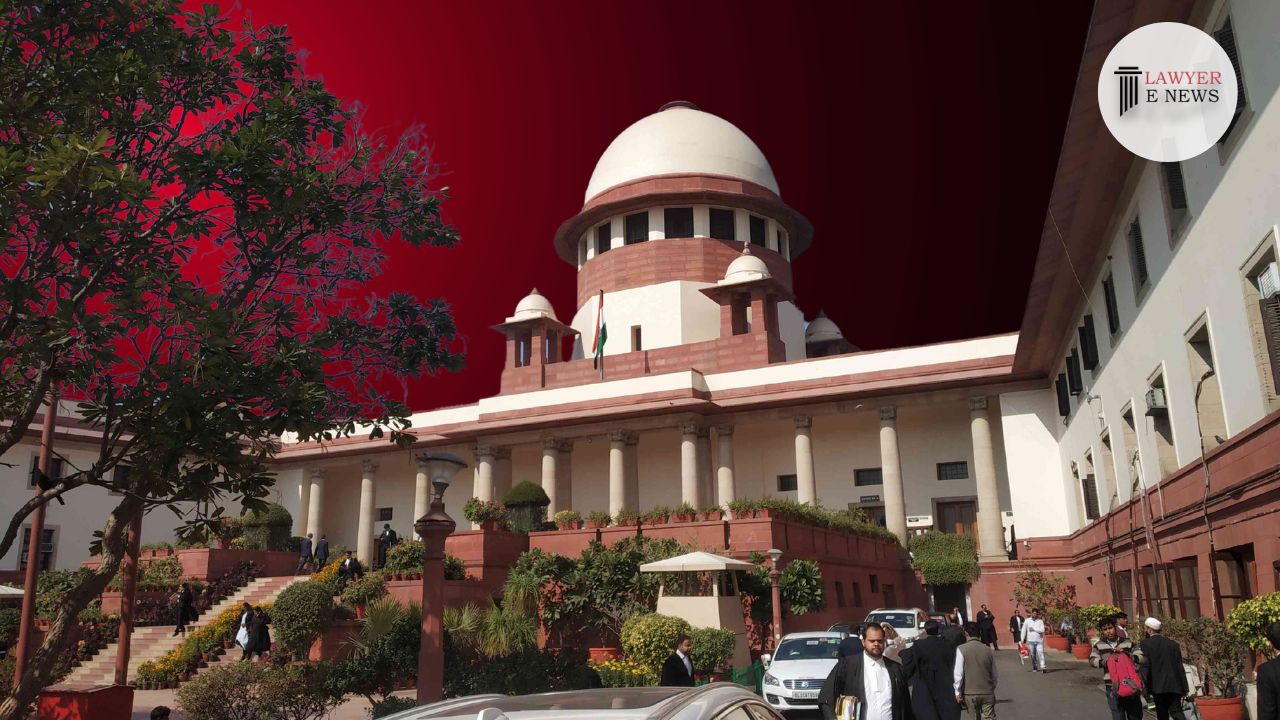-
by sayum
14 February 2026 2:22 PM



In a significant ruling, the Supreme Court has settled the debate regarding the priority of dues in electricity recovery cases, emphasizing the supremacy of secured creditors over government dues. The judgment, delivered by a bench comprising Hon'ble Justice S. Ravindra Bhat and Hon'ble Justice Dipankar Datta, provides clarity on the application of the Insolvency and Bankruptcy Code, 2016 (IBC) and the role of registration of charges under the Companies Act, 2013.
The court highlighted the recovery mechanism under the Electricity Act, 2003, which empowers licensees to disconnect electricity supply in case of non-payment. Additionally, State Commissions are authorized to frame regulations for recovery of electricity charges. The judgment noted that outstanding dues, as per the 2005 Supply Code, can constitute a charge on the assets of the company, and licensees must ensure such provisions in their agreements.
Addressing the distinction between government dues and dues to secured creditors, the court held that dues payable to power distribution licensee, Paschimanchal Vidyut Vitaran Nigam Ltd. (PVVNL), did not fall under the category of government dues. The court emphasized that PVVNL's functions could be replicated by other entities and that private participation in the electricity sector is widespread. As a result, PVVNL was classified as a secured creditor, taking precedence over government dues.
Regarding the effect of non-registration of charges under Section 77 of the Companies Act, the court did not rule on the matter, considering the concurrent findings that PVVNL was a secured creditor.
In concluding the judgment, the court directed the liquidator to decide PVVNL's claim in accordance with the law within 10 weeks.
Bench stated, "The distinction between the governments has been recognized and maintained by previous decisions of this court," emphasizing that PVVNL, though having government participation, should not be considered a part of the State Government.
This judgment clarifies the priority of dues in electricity recovery cases and provides important guidance on the applicability of the IBC and the registration of charges. It establishes a precedent that secured creditors should be given higher priority than government dues in such cases.
Date of Decision: July 17, 2023
PASCHIMANCHAL VIDYUT VITRAN NIGAM LTD. vs RAMAN ISPAT PRIVATE LIMITED & ORS.
